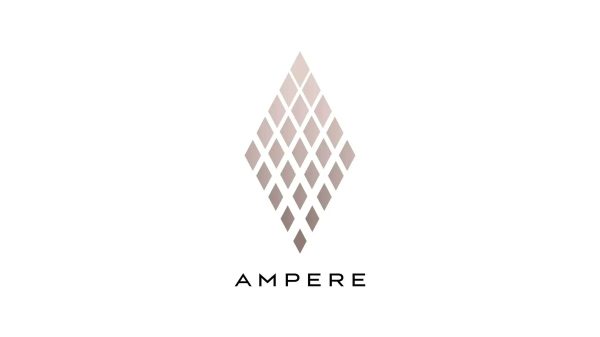French charcutiers say they are following European safety guidelines over nitrates and nitrites
Credit: grandriver/Getty Images Contributor
France’s famed jambon-beurre sandwich may never be in the pink again.
Instead, the French may have to get used to 50 shades of grey for the charcuterie they put in their staple ham and butter baguette if a group of MPs have their way.
On Thursday the MPs tabled a draft bill banning the addition of nitrites and nitrates in industrially produced ham and other meat products.
The additives, which are used to conserve and protect against bacteria, give sliced ham its pink hue. Without them, it tends to look pale and greyish.
However, these additives can produce nitrosamines, which are considered “probably carcinogenic” by the World Health Organisation’s International Agency for Research on Cancer, IARC. It is believed they promote colon and stomach cancer.
IARC considers processed meats in general “carcinogenic”.
Centrist MP Richard Ramos, author of the bill, said: "After a serious parliamentary investigation, everyone recognises that these products kill. If this proposal does not pass, as an elected official, I wonder what use I am.”
If passed in its current form, the legislation plans to enforce a ban on nitrites in raw ham — such as Parma or Bayonne ham — from 2023. For cooked ham but also andouillette, boudin, terrine or rillettes, the ban would apply from 2025 to give time to producers to ensure health safety.
It could also oblige industrial ham to come with a health warning on the packet rather like those for cigarettes.
French ham sandwiches may never look the same if a new law banning nitrates and nitrites is passed
Credit: Claudia Totir/Moment RF
Industrial charcuterie producers have long argued that nitrites, particularly in cooked ham, are essential to avoid botulism, a rare but dangerous illness caused by toxins from a bacteria that attack the body’s nerves. Such products are normally not cooked to above 60 degrees Celsius, insufficient to kill such bacteria.
“These are legal additives. Charcutiers respect the law,” said Bernard Vallat, president of the French federation of industrial charcutiers, FICT, adding that the industry respected European Food Safety Authority norms of no more than 150mg of nitrates per kilo.
But Mr Ramos pointed out in an interview with Le Parisien that many independent charcutiers had already stopped using the additives already, while supermarket chain Super U sells nitrite and nitrate-free ham without health risks.
“If you use good products in good conditions, you don’t need these poisons,” he said.
Other major brands have been working since 2017 on ways to cut nitrates and nitrites from their pork products — which would reduce a products life from 30 days to about 15.
Axel Kahn, president of the league against cancer, said: “In France, it is estimated that every year between 1,200 and 3,400 deaths by colon cancer are down to charcuterie with nitrites. The toll is up to 4,00 if you count stomach cancers.”
He said that while the general rule of thumb in the food safety community was that the redder the meat, the more carcinogenic it is likely to be. However, “in charcuterie, pork, even though it’s white, is more carcinogenic.” The blame, he claimed, lay with nitrites.
“Zero risk doesn’t exist,” countered Mr Vallat of FICT. “This is a Franco-French debate. In Germany or Italy, the use of these molecules is compulsory in certain products.”
“We export to Germany, Belgium and England and there is no demand (for zero nitrate charcuterie) at all,” said Arnaud de Belloy, general of industrial charcutier Herta France.
FICT argues no law should be passed before the release of findings of a study on the safety of nitrites as a food preservative by Anses, France’s health safety agency, which is due to report early next year.
























































Свежие комментарии